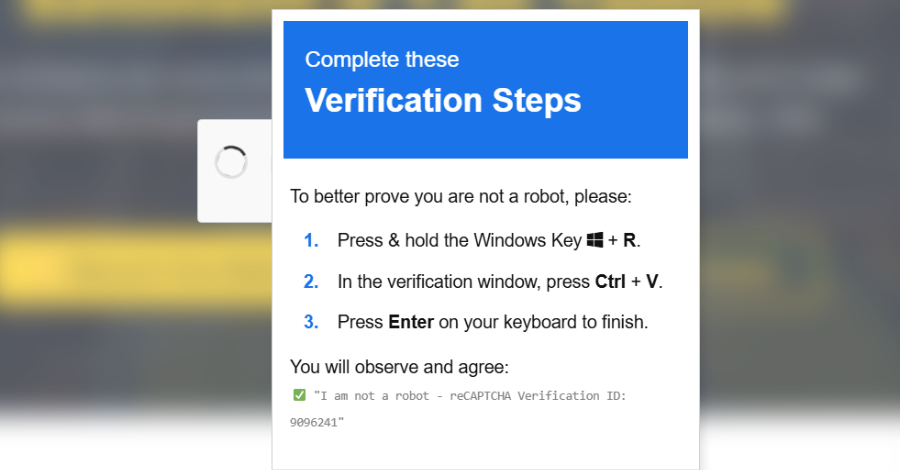In recent years, Russian dark web marketplaces have become central hubs for cybercriminal activities, particularly in the realm of credential theft. These platforms have revolutionized the way threat actors acquire and exploit compromised account information, making sophisticated cyberattacks more accessible to individuals with varying levels of technical expertise.
The Rise of Russian Market
Among these platforms, Russian Market has emerged as a dominant force, often likened to the Amazon of stolen credentials. Established in 2019, Russian Market specializes in the sale of stolen data, including credit card verification values (CVVs), stealer logs, remote desktop protocol (RDP) access, and various hacking tools. Its user-friendly interface and streamlined transaction processes have attracted a vast user base, facilitating the rapid exchange of illicit goods and services.
By February 2023, Russian Market hosted over five million logs, each containing tens to hundreds of individual credentials. This massive inventory translates to hundreds of millions, potentially billions, of compromised accounts available for purchase at prices as low as two dollars per log. The platform’s advanced filtering options allow cybercriminals to target specific industries, geographic regions, or credential types with precision, thereby enhancing the effectiveness of their attacks.
The Ecosystem of Credential Theft
The success of Russian Market is not solely due to its marketplace functionality but also to the sophisticated infection techniques employed by the infostealers it hosts. Infostealers are malicious software designed to harvest sensitive information from infected systems, including login credentials, financial data, and personal information.
One notable example is the infostealer known as Lumma (LummaC2), which dominated the landscape by accounting for nearly 92 percent of credential log alerts in the fourth quarter of 2024 before its takedown in May 2025. These infostealers employ various compromise techniques, such as abusing writable directories, leveraging obfuscation through scripts and compressed files, concealing payloads in less-monitored directories, exploiting legitimate tools for process injection, and utilizing pre-installed utilities to execute malicious scripts. These methods enable attackers to bypass antivirus detection systems and maintain persistence on compromised systems.
Impact on Global Cybersecurity
The proliferation of Russian dark web markets has had a significant impact on global cybersecurity. The accessibility and affordability of stolen credentials have led to an increase in credential-based attacks across various industries. Professional services and information sectors are particularly vulnerable due to their high digital engagement and complex supply chains.
The longevity and perceived reliability of platforms like Russian Market have cemented their position at the forefront of the credential theft ecosystem. Despite growing concerns about law enforcement attention, these marketplaces continue to thrive, posing ongoing challenges for cybersecurity professionals worldwide.
Conclusion
The evolution of Russian dark web marketplaces has transformed the landscape of cybercrime, making it easier for threat actors to acquire and exploit compromised credentials. The sophisticated infection mechanisms employed by infostealers, coupled with the streamlined operations of these platforms, have contributed to a surge in credential-based attacks. As these marketplaces continue to evolve, it is imperative for organizations to enhance their cybersecurity measures to mitigate the risks associated with credential theft.



